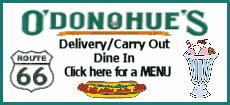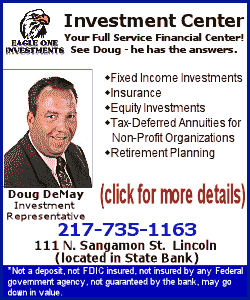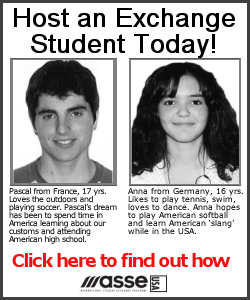|
New regulations drafted by the Mayor's Office of Film, Theatre and Broadcasting would require a permit for any type of filming or photography that involved "an interaction among two or more people at a single site for 30 or more minutes."
Permits would also be required for five or more people using a tripod for more than 10 minutes.
The rules would be nothing new for professional crews that film regularly in the city; they have long been required to get a permit and insurance to block off streets and sidewalks.
But critics say the proposed rules would affect a new class of shooters: fashion and wedding photographers, independent journalists doing street interviews, and amateurs making videos to post online.
The New York Civil Liberties Union is prepared to take action against the regulations in court if they're enacted without revision, said one of the organization's lawyers, Christopher Dunn.

"There is no way that they should be requiring permits for people using handheld cameras," Dunn said. "It would give the police license to stop virtually anyone, and that opens the door to harassment."
Documentary filmmaker Jennifer Livingston called the proposal "draconian," and a betrayal of the city's long history of nurturing budding talent.
"Think of that young artist who is going to be hurried along by some cop, who has no choice but to follow regulations," she said. "I would hate to see film students thinking that any time they make an image, it has to be sanctioned by the government."
City officials insist the rules aren't an attempt to quash free speech.
People unable to afford liability insurance, which could cost between $500 and $1,000 for even the smallest of photo shoots, could apply to the city for a waiver.
Journalists with a press pass issued by the police department would be exempt. So would anyone using handheld equipment to film a parade, rally or political demonstration.
[to top of second column]
 |
 Julianne Cho, associate commissioner of the film office, said the city's only intention was to help filmmakers get safe access to great locations, while ensuring that production didn't obstruct traffic or interfere with New Yorkers' lives.
The city is accepting public comment on the proposed rules until Friday and could still make changes.
Since the Sept. 11 attacks, photographers of all types have increasingly complained about harassment.
D. Bruce Yolton, an amateur nature photographer, said he was run off by a police officer last spring when he tried to take pictures of a hawk nesting on the Triborough Bridge.
Things will only get worse under the new rules, he said. He wondered whether the regulations would result in officers cracking down on groups of amateur bird watchers gathering to stake out wildlife.
"There is no way for me to apply for a permit," he said. "For one thing, I never know where the bird is going to be."

The film office drafted the proposed rules earlier this year as a result of a lawsuit involving an independent filmmaker detained for using a handheld video camera in midtown Manhattan.
Rakesh Sharma, the Indian director of the award-winning 2003 documentary "Final Solution," was told he needed a permit to record images of the MetLife building near Grand Central Terminal, even if he had no crew and no equipment besides his camera.
The New York Civil Liberties Union sued, arguing, in part, that the city had never properly enacted regulations governing film permits. The case was settled and the film office agreed to formalize its rules.
[Associated Press; by David B.
Caruso]
Copyright 2007 The Associated Press. All rights reserved. This
material may not be published, broadcast, rewritten or
redistributed. |